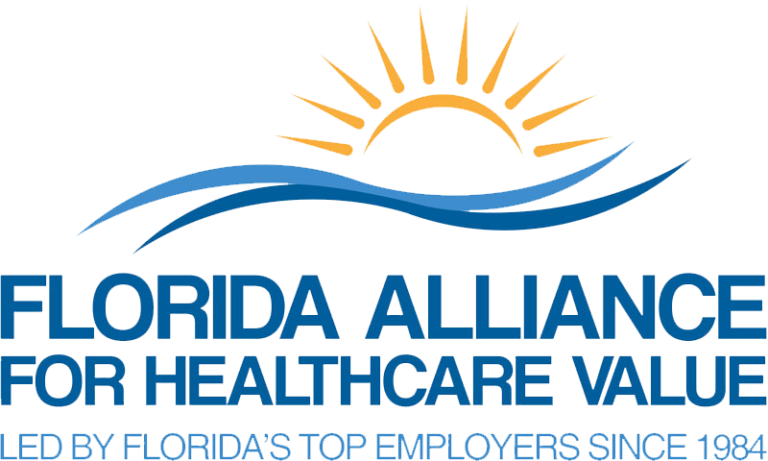We held our first-ever virtual Summer Education Series in July. Sponsors included Amgen, Centivo, Genentech, Heron Therapeutics and Signify Health.
July 16 Session: COVID-19 Pandemic Highlights the Need for Value-Based Insurance Design
Mark Fendrick, MD, Director of the University of Michigan Center for Value-Based Insurance Design, explained the weaknesses of consumer cost-sharing approaches to reducing healthcare spend and the need for new solutions that protect consumers, reward providers and preserve innovation, especially in light of COVID-19. Dr. Fendrick advocated for a clinically driven approach to benefit design that encourages consumers to use more high-value services that will make them healthier, but discourages the use of low-value services that provide little benefit, may be harmful, and may carry high costs.
Beth Bortz, MPP, President and CEO of the Virginia Center for Health Innovation shared her experiences creating a dashboard to identify and measure key healthcare value indicators as well as to prompt action for improving healthcare value throughout that state.
Click here to read more about the information and recommendations shared at this session.
July 23 Session: Trends and Policy Changes in the Drug Value Chain
Alex Jung, MBA, Partner & Managing Director of EY-Parthenon, covered trends and policy changes in the drug value chain. She discussed how pharmacy benefit managers (PBMs) have become the largest purchaser of drugs and how significant consolidation within the PBM market has resulted in three major companies controlling 80 percent of all prescription volume, allowing them to achieve significant leverage and power.
Jung detailed four key PBM market trends that have emerged in recent years, including vertical integration, scrutiny around rebates, payer and government pressures, and specialty drug dispensing. She explained how blame for high drug prices has fallen partially on PBMs, pressuring governments to implement legislative solutions to regulate the industry. She emphasized the power of employer alliances and shared specific actions employers can take to better manage their PBM contracts.
Click here to read more about Jung’s recommendations and the information shared at this session.
July 30 Session: The State of the Opioid Crisis in Florida and a Comprehensive Alternative Treatment Approach for Substance Use Disorder
- Data on the impact of COVID-19 on mental health, including increases in depression, anxiety, PTSD, drug use, alcohol use and thoughts of suicide
- Specific costs and negative impacts of substance abuse on employers – a recent Anthem study found plan members with a substance abuse disorder consume three times as much health care
- Benefits of counseling delivered via telehealth, including faster appointments, reductions in hospitalization rates and lengths of stay, decreases in missed appointments and higher treatment completion
- The need to re-engineer care in Florida to address the fragmented physical health/mental health ecosystem as well as recovery disruptions and repeat acute treatment episodes.
- The Addiction Recovery Medical Home, a holistic model that encompasses primary care providers, licensed counselors, behavioral health specialists, clinical pharmacists, social services and community support
Click here to read more about the specific information and recommendations shared at this session.
In addition, click here to learn more about the Florida Alliance for Healthcare Value’s efforts to improve mental health and substance use treatment through a new national initiative called The Path Forward for Mental Health and Substance Use.
